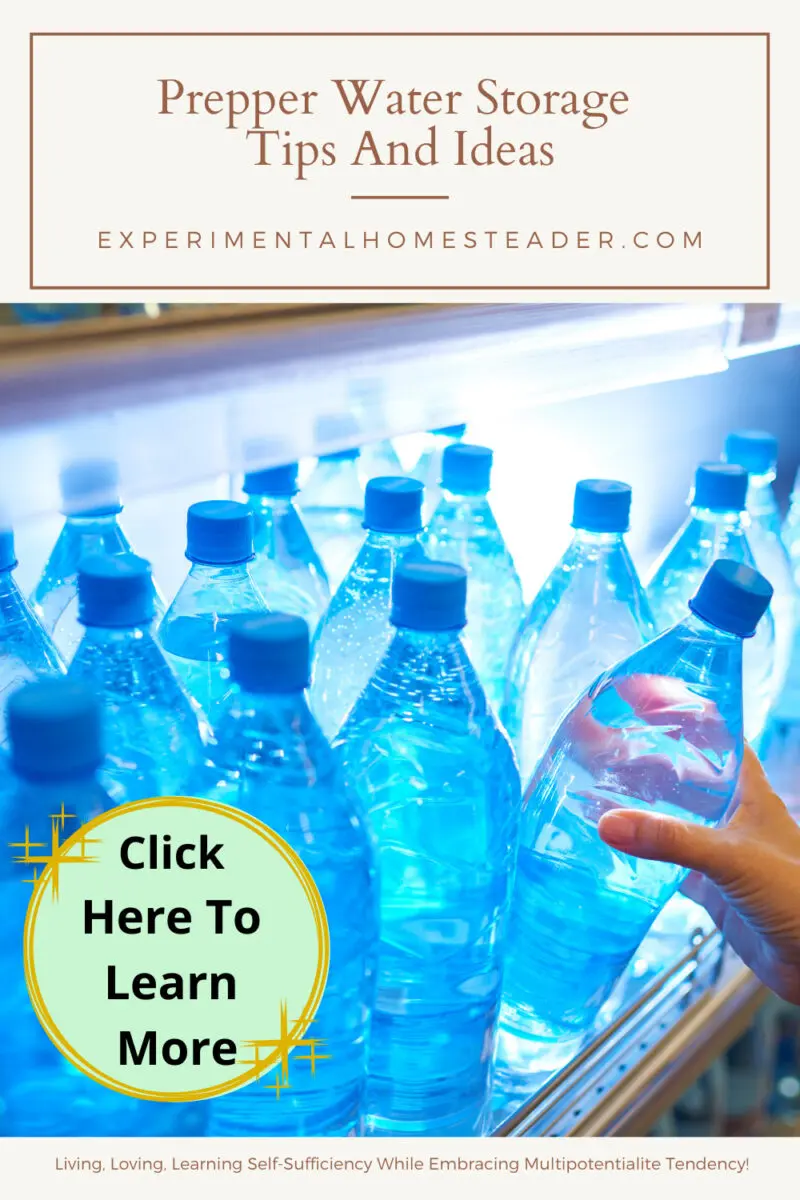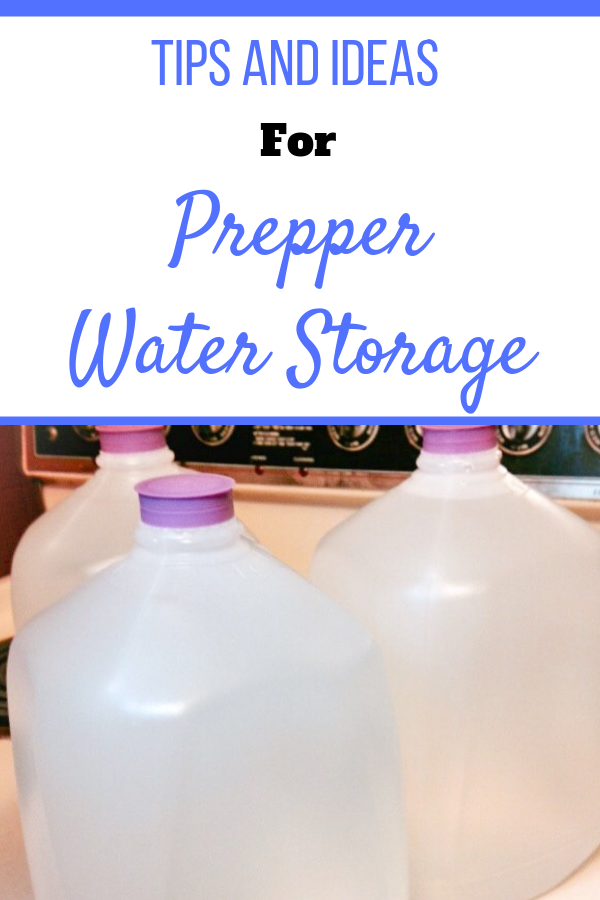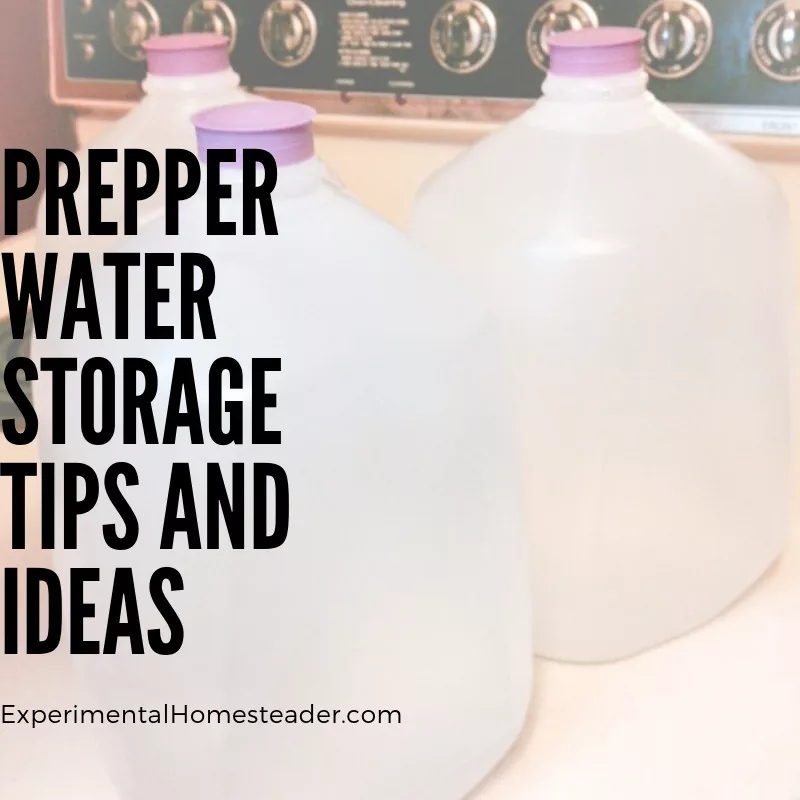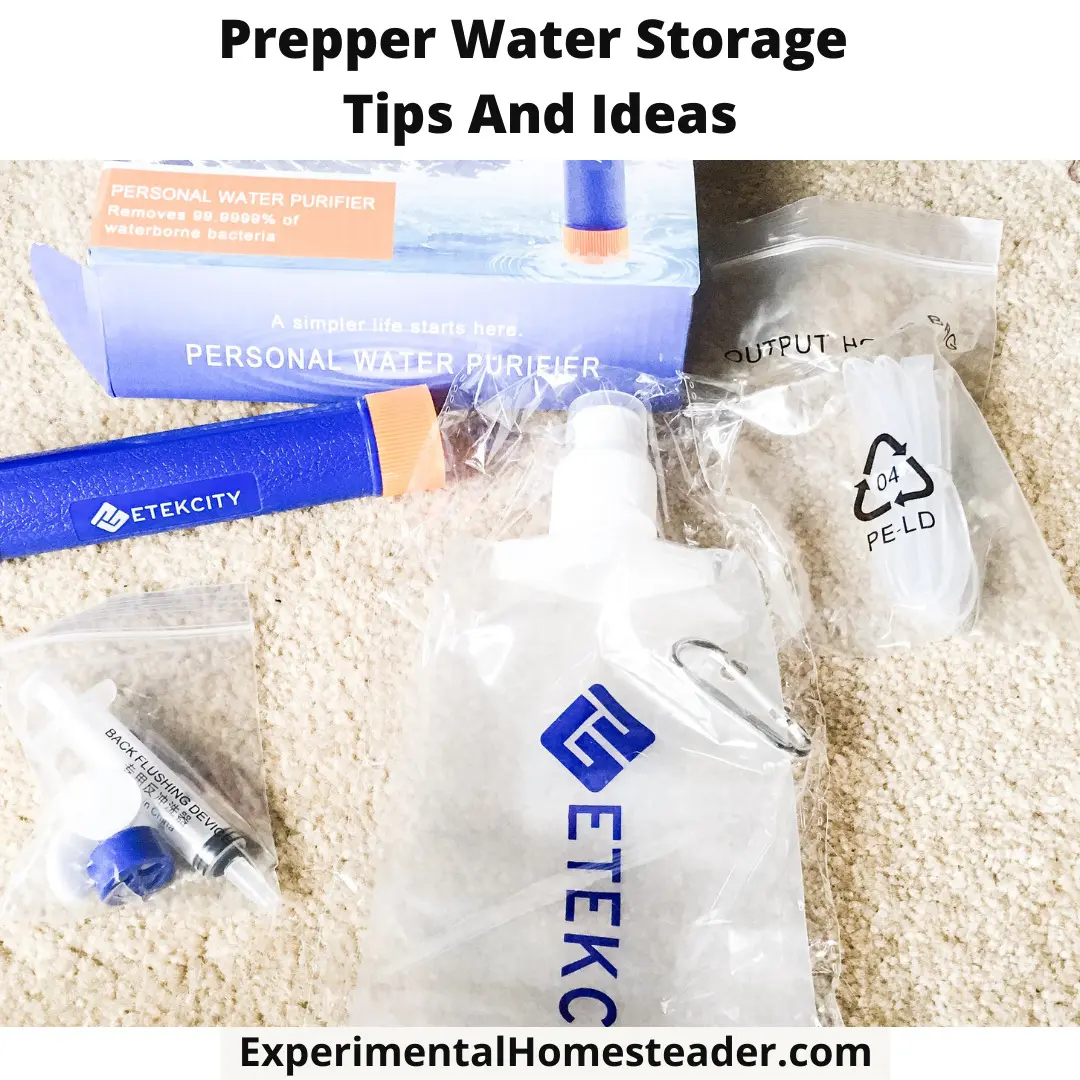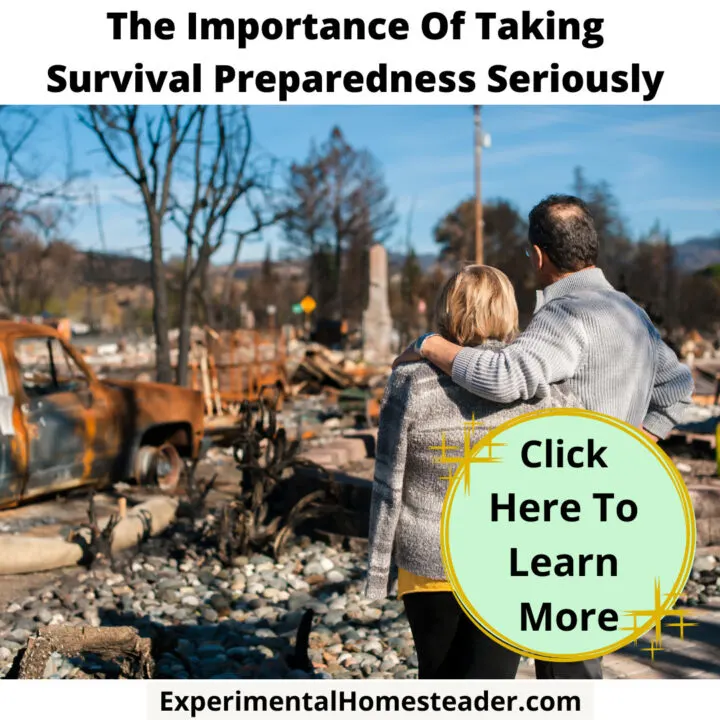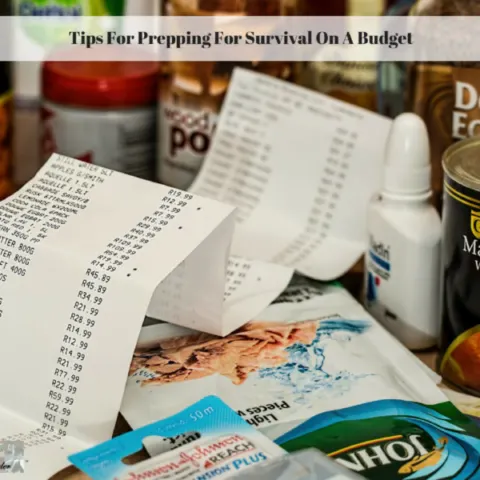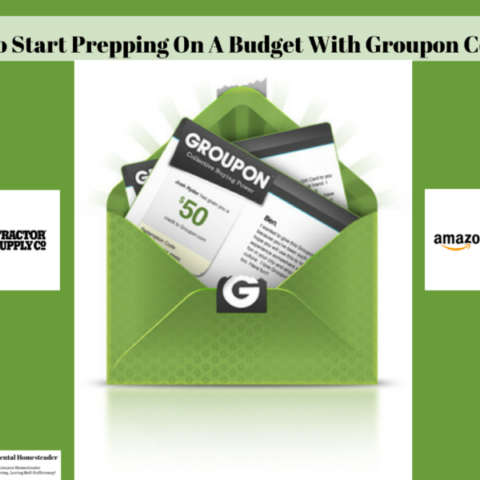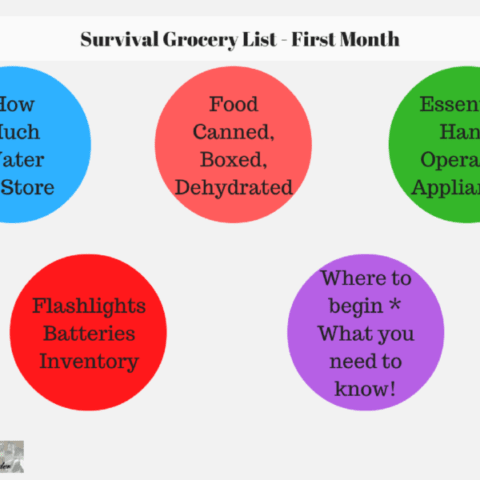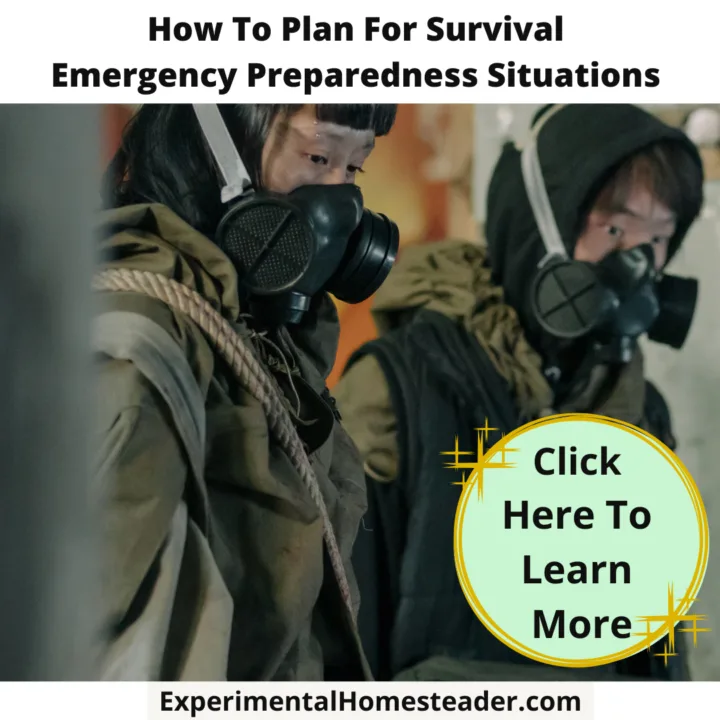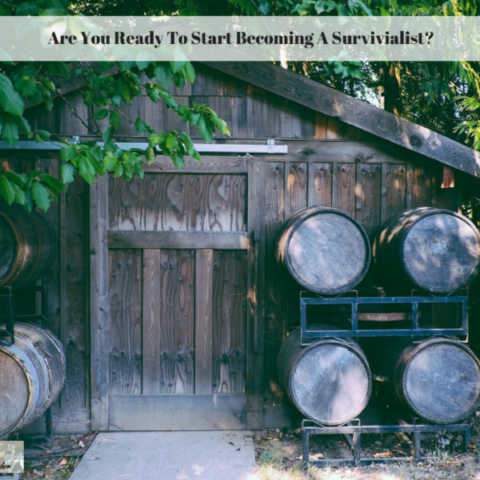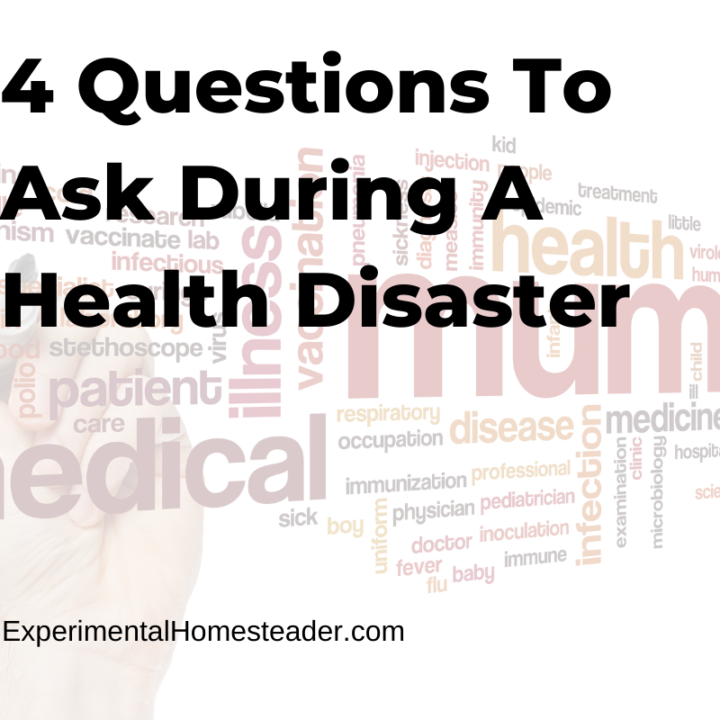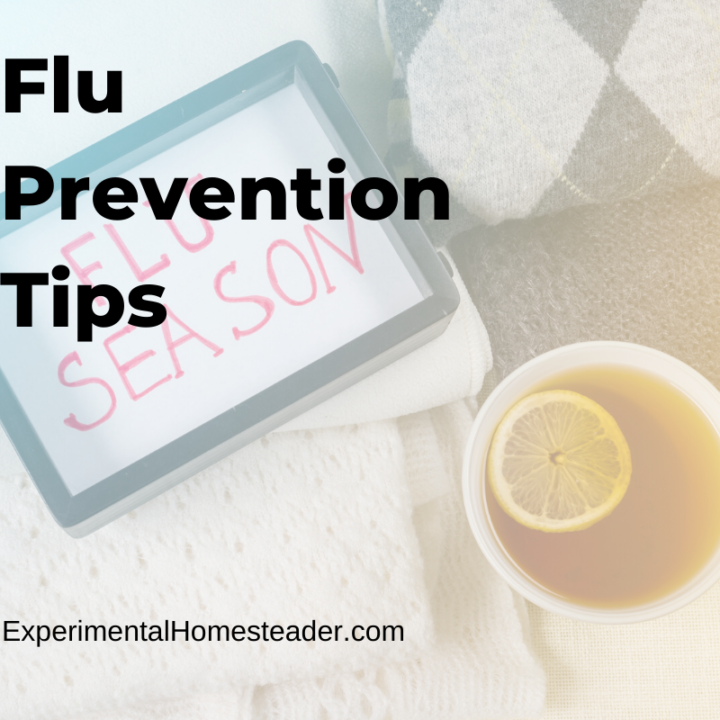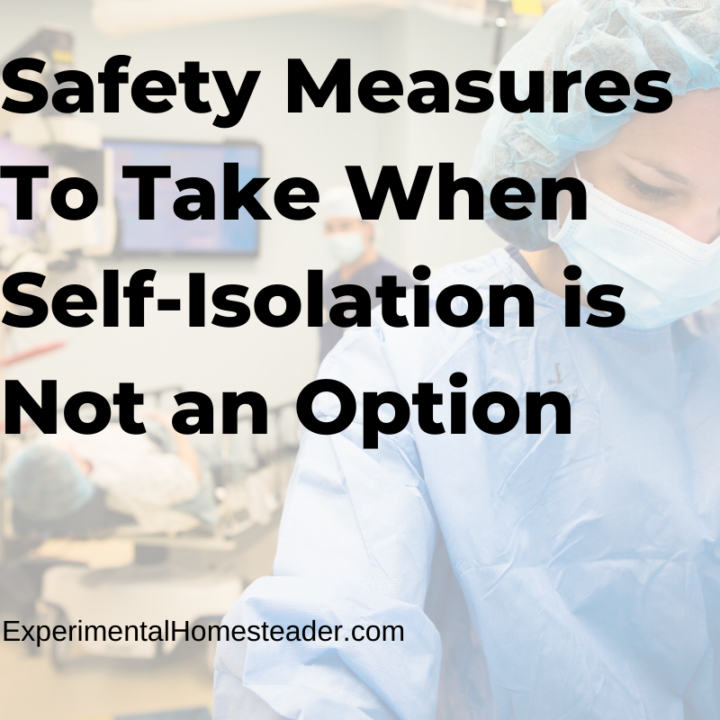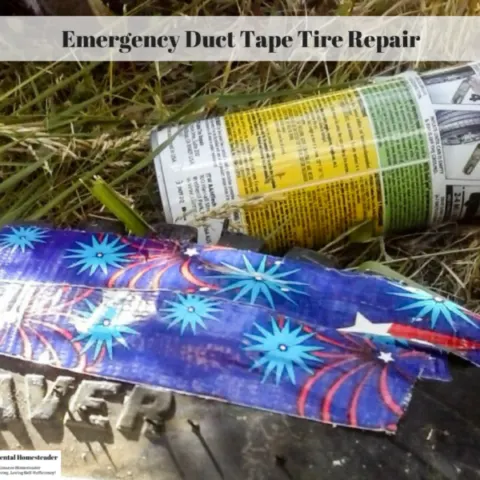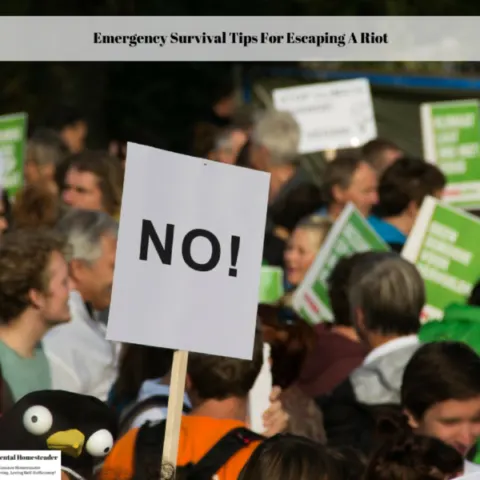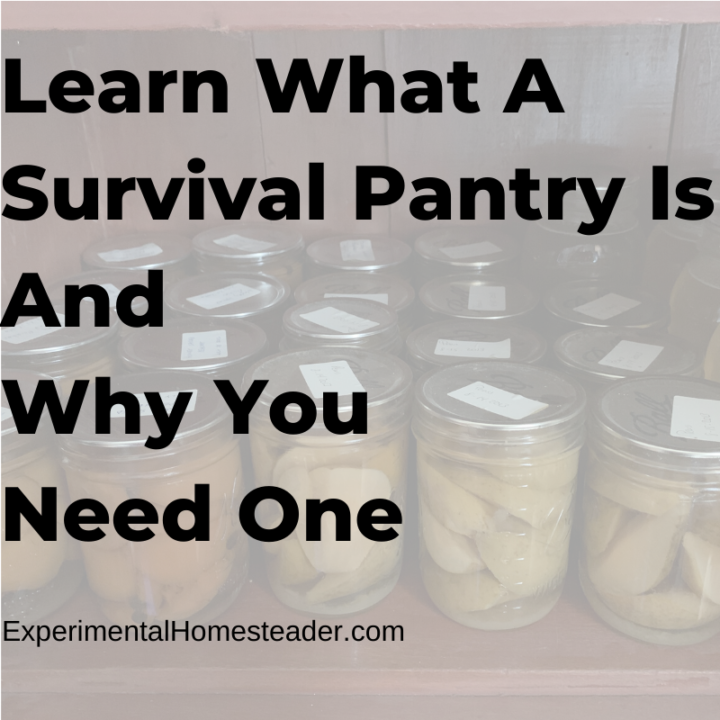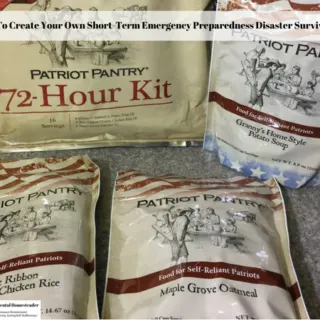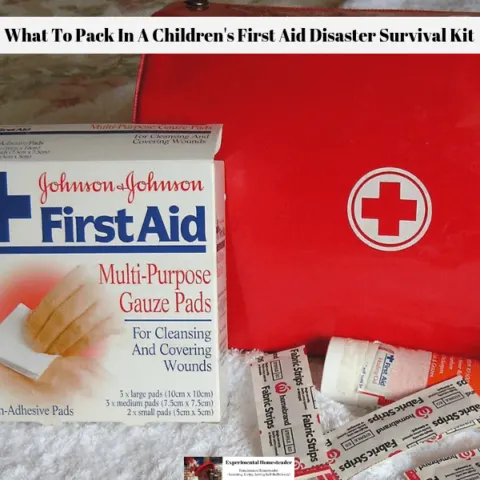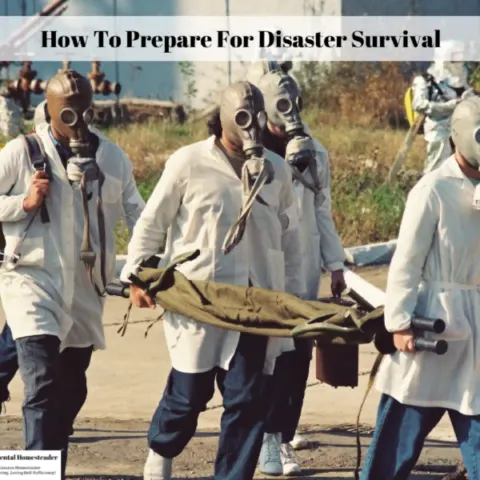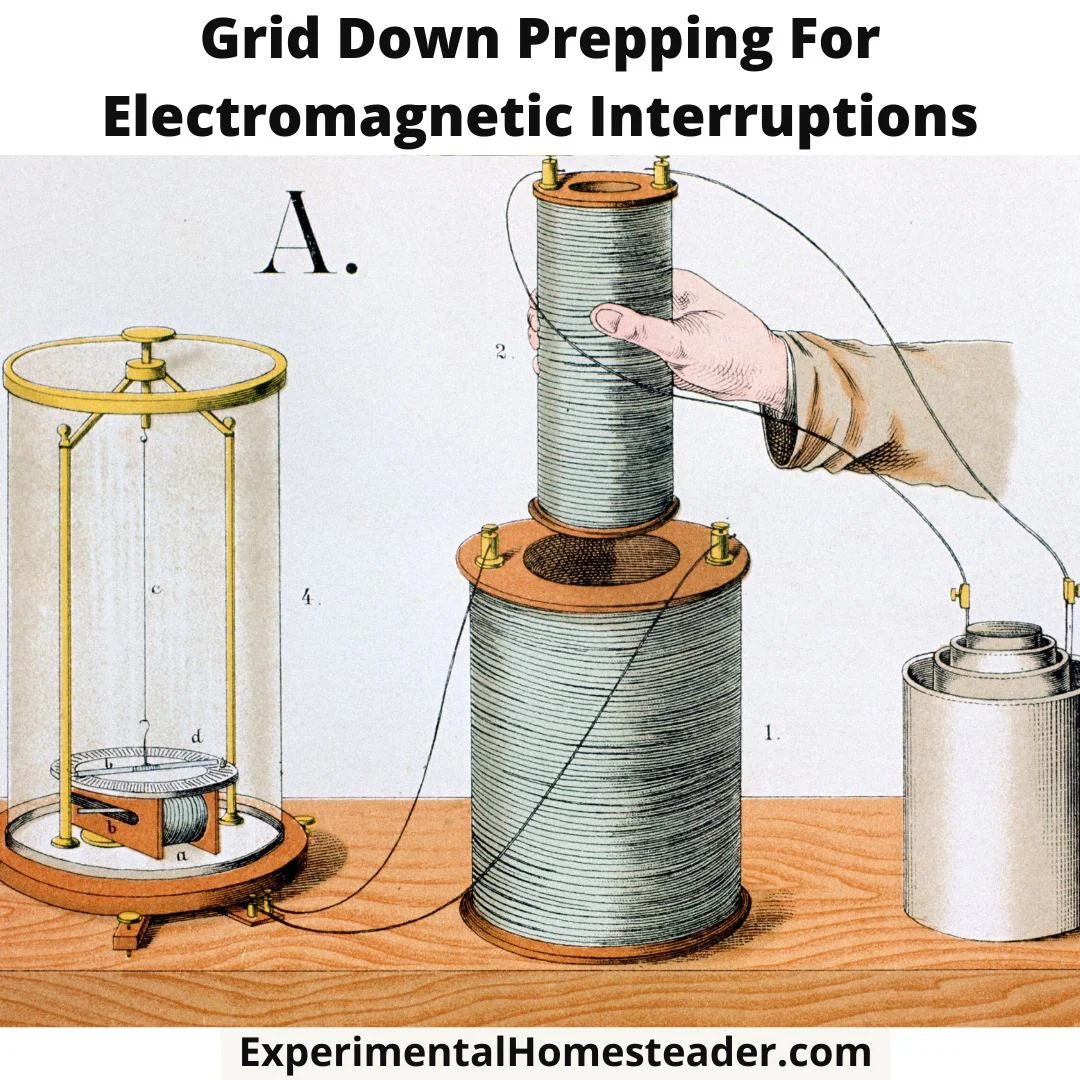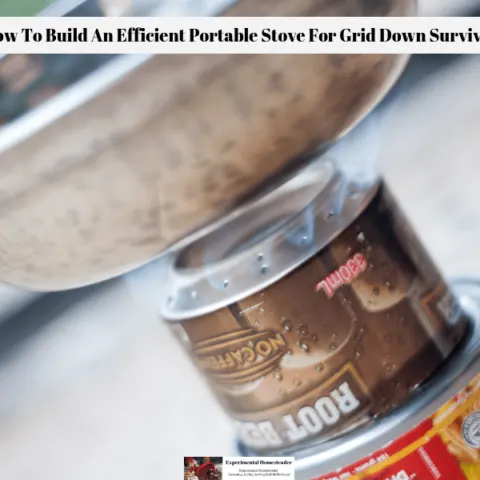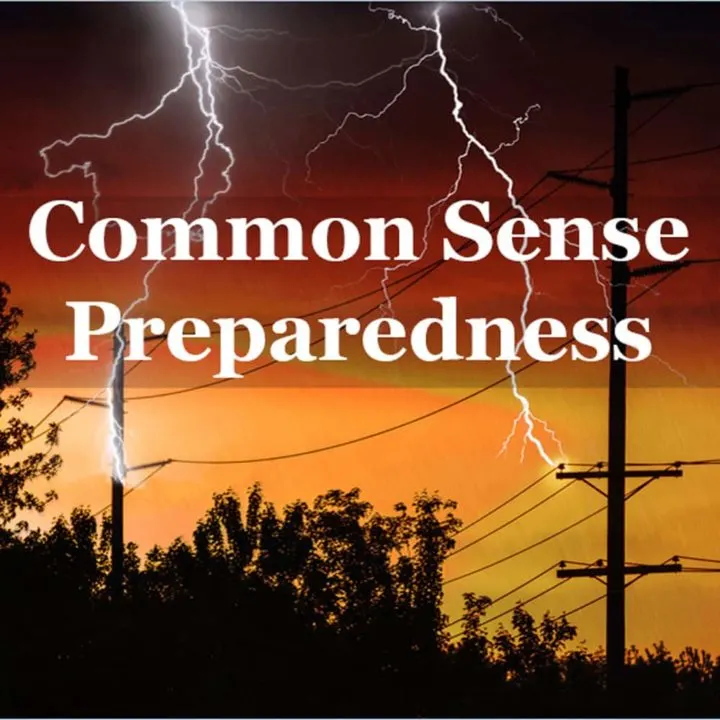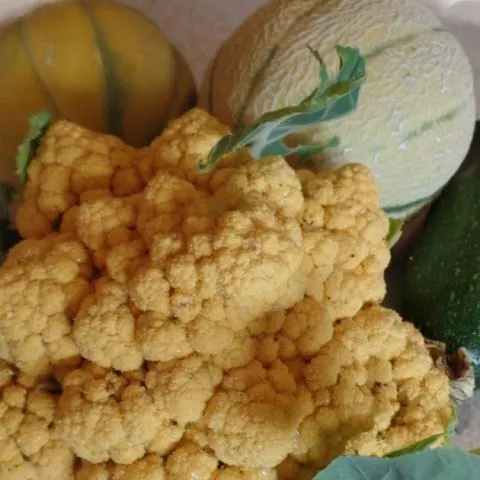Disclaimer: I received one or more items mentioned in this post for free or at a reduced price in exchange for my honest, unbiased review. All opinions are my own.
You can't live without water for very long, which is why these prepper water storage tips and ideas are so important.
Above all else, being prepared for a reliable water supply is crucial to keep you and your family alive for days, weeks, or even months.
The challenge with water is its weight; it's not the most portable item to carry around, especially considering that each person needs a minimum of one gallon per day.
Storing water at home is a smart move, but you also need a plan to purify water if you have to bug out or if your home water supply runs out.
Consider compact purification methods like portable filters or purification tablets.
It's a practical solution for maintaining a clean water source on the go.
What's your go-to method for water purification in your prepping strategy?
Let's share some insights!
Prepper Water Storage Options: Being Ready for the Unexpected
When it comes to prepping, water storage is a top priority.
You never know when you might face a situation where clean water becomes scarce.
Here are some prepper water storage options to ensure you're ready for whatever comes your way.
Short-Term Solutions for Emergency Needs
- Water Bottles: Perfect for short-term emergency situations. Easily portable and convenient.
- Personal Filters: Ideal for purifying small amounts of water on the go.
- Water Purification Tablets: Compact and efficient for emergency water treatment.
Scouting Water Sources for Bugging Out
If you're planning to bug out, it's crucial to identify water sources in advance.
Scout out areas with natural water bodies like streams or rivers to ensure you have a reliable source when needed.
Innovative Products for Short-Term Storage
- Water Bricks: Portable and versatile, suitable for more than just water storage.
- Backpacks with Hydration Packs: Convenient for on-the-go hydration, especially in emergency situations.
- Water Bladders for Bathtubs: In case of an anticipated emergency, these bladders can be filled and sealed, providing a substantial water reserve.
Long-Term Water Storage Strategies
Preparing for extended periods without a readily available water supply is essential.
Consider larger containers like:
- Water Barrels: Designed for long-term storage and often come with purification options.
- Rainwater Harvesting Systems: Sustainable and can provide a continuous supply with proper setup.
Remember, the key is not just having water but ensuring it's clean and safe for consumption.
Incorporate these strategies into your prepping routine to stay one step ahead in any situation.
What water storage methods do you find most effective in your prepping efforts?
Let's swap ideas!
Long-Term Prepper Water Storage: Ensuring Sustainability for Your Homestead
Planning for long-term water storage is a crucial aspect of prepping, especially when you consider the diverse needs of your family, crops, and animals.
Here's a comprehensive guide to setting up a sustainable water storage system for the long haul.
Investing in Reliable Water Storage Tanks
- Choose tanks suitable for both indoor and outdoor use.
- Opt for BPA-free options for safety.
- Ensure UV inhibitors are present to protect stored water from light-induced contamination.
Clever Use of Canning Jars
- Utilize canning jars as a dual-purpose solution.
- Whenever your canner runs, fill it with either food or water-filled jars.
- Seal jars with new lids, label, and date them for organized usage.
- Water stored in canning jars can serve multiple purposes, from drinking to watering plants or providing for livestock.
Rainwater Harvesting for Crops
- Implement rainwater storage solutions for irrigating crops.
- Set up an irrigation system to efficiently water crops without the need for hoses or sprinklers.
- Ensure proper cleansing of rainwater before considering it for drinking purposes.
Rotation and Labeling
- Rotate your water supply regularly to maintain freshness.
- Label containers with clear dates to facilitate an organized rotation system.
- Consider using stored water for various purposes, adapting to the changing needs of your homestead.
Long-term water storage is not just about survival; it's about creating a sustainable system that adapts to the dynamic requirements of your homestead.
How do you manage your long-term water storage, and what innovative solutions have you come up with?
Let's share our experiences
Maintaining Freshness: Why and How to Rotate Your Water Supply Regularly
Ensuring a reliable and fresh water supply is a cornerstone of effective prepping.
While tap water generally has a shelf life of about half a year, there are strategies to extend this period and guarantee the safety of your stored water.
Let's delve into the importance of regular rotation and some key considerations for maintaining water quality.
Understanding Tap Water Shelf Life
Tap water, when stored in proper conditions, can typically be preserved for up to six months.
However, various factors can impact this timeframe, including exposure to light and the quality of the storage containers.
Visual Inspection for Cleanliness
Regardless of the storage duration, always perform a visual inspection before consuming stored water.
Ensuring the water appears clean is a basic yet critical step in maintaining its safety.
Annual Rotation for Optimal Freshness
To enhance the longevity and quality of your stored water, establish a routine of rotating your water supply annually.
This practice helps mitigate the risk of contamination and ensures you always have access to a fresh and reliable source.
Container Considerations
The type of containers used for water storage plays a pivotal role in its preservation.
Opt for containers that:
- Keep Out Light: Exposure to light can compromise water quality. Choose containers designed to block out light and prevent potential contamination.
- Have a Strong Seal: A secure seal is essential to prevent the entry of contaminants and maintain the integrity of the water. Regularly inspect seals for any signs of wear or damage.
By adhering to these practices, you not only extend the shelf life of your stored water but also contribute to the overall effectiveness of your prepping efforts.
How do you manage water rotation in your prepping routine, and have you encountered any tips or challenges along the way?
Let's swap insights!
Emergency-Ready Filtration: Etekcity 1500L Personal Filter Purifier
When it comes to prepping, lugging around heavy canning jars isn't exactly practical in an emergency.
That's why I went for the Etekcity 1500L Personal Filter Purifier – a game-changer in ensuring access to clean water.
I'll spill the beans on why this nifty gadget has earned its place in my bugout bag.
Having a stash of clean drinking water at home is a given.
But what about those times when you're not at home or your water supply is out of reach?
Enter the Etekcity personal water purification filter – a lifesaver in unpredictable situations.
- Practical for Nature Enthusiasts: If you're into camping or hiking, this filter is a game-changer. It's way more practical to carry this compact device than lugging around enough water to last your outdoor adventures.
- Bugout Bag Essential: I've tucked mine into my bugout bag, ensuring it's always within reach in case of a natural disaster or any emergency. It even pulls through when the power's out, giving you reliable access to water.
- Compact and Efficient Design: This personal filter doesn't mess around. It's small, lightweight, and comes with all the bells and whistles – a foldable water pouch, extension tube, pre-filter, and backwash device.
- Double Filtration Magic: What sets it apart is the double filtration system. Water goes through a straw and then through a hollow fiber UF membrane before hitting an antibacterial carbon filter. I put it to the test with pond water, and guess what? It passed with flying colors, proving its effectiveness.
- Tested and Trusted: I can vouch for its efficiency. Pond water turned into safe drinking water, and no nasty surprises afterward. The Etekcity 1500L is a real winner in my prepping toolkit.
What water filtration methods do you swear by in your prepping journey?
. Emergency Water Purification for Livestock:
- Discuss the importance of having a plan for emergency water purification specifically tailored for livestock. This could involve portable filters or water purification tablets.
Frequently Asked Questions about Water Storage
Q: How much water should I store for emergency preparedness on my homestead?
A: The general guideline is one gallon of water per person per day, accounting for at least a two-week supply.
Q: Can I use rainwater for drinking, and what precautions should I take?
A: Yes, rainwater can be used for drinking after proper filtration or purification. Use a reliable water filter or purification tablets to ensure safety.
Q: What are the advantages of collecting rainwater on the homestead?
A: Rainwater harvesting conserves resources, reduces water bills, and provides a natural source for irrigating crops and supplying water to animals.
Q: How do I prevent water stored in containers from freezing during winter?
A: Insulate containers, store them in a sheltered area, or use heated options to prevent water from freezing during winter months.
Q: What are the benefits of underground water storage tanks?
A: Underground tanks provide temperature control, space efficiency, and protection from external elements, ensuring a reliable water source for your homestead.
Q: Can I repurpose food-grade barrels for both water storage and emergency food supplies?
A: Yes, food-grade barrels can serve a dual purpose, providing a practical solution for both water storage and emergency food storage.
Q: How often should I rotate my water supply to ensure freshness?
A: It is recommended to rotate your water supply annually to maintain freshness and ensure the quality of stored water.
Q: What should I consider when installing underground water storage tanks?
A: Seek professional assistance for installation, ensuring a secure setup. Regular inspections are crucial for early detection of any issues.
Q: Are there portable water solutions for emergency situations on the homestead?
A: Yes, portable water solutions, such as containers or filters, are designed specifically for emergency situations, offering a reliable source of water.
Q: How can I integrate water storage into livestock management practices?
A: Implement efficient water systems for routine hydration and consider portable solutions for emergency situations. Regular maintenance is key to ensuring a continuous water supply.
Q: Can I use pond water for drinking after filtration?
A: Yes, with a reliable water filtration system, pond water can be filtered and made safe for drinking.
Q: Are there community-sharing initiatives for water supply during emergencies?
A: Encouraging community sharing among homesteaders ensures a collaborative approach to water supply, especially during unforeseen emergencies.
Q: What is the lifespan of a typical water filter for emergency preparedness?
A: The lifespan of a water filter varies. Follow the manufacturer's guidelines, and regularly inspect and replace filters based on usage and conditions.
Q: How can I efficiently irrigate my crops using rainwater?
A: Implementing drip irrigation or soaker hoses ensures efficient use of rainwater, minimizing waste and providing optimal hydration for crops.
Q: Can rainwater be used for livestock without purification?
A: Rainwater can be used for livestock. It is recommended to proceed with proper purification to remove contaminants and ensure the safety of the water supply. However, many homesteaders have a rainwater catch system setup for their livestock and they do not purify it. So ultimately the choice is yours.
Emergency Planning And Preparedness Tips
The Importance Of Taking Survival Preparedness Seriously
Survival preparedness needs to be taken seriously because you never know when a natural disaster or a man-made catastrophe might happen. A disaster can occur when you least expect it, and this is why it is extremely important to be well-prepared before you are caught off-guard.
How To Stay Warm In Winter If The Power Goes Out
Power outages happen. The key is to be prepared ahead of time so you can stay warm in winter if the power goes out or the grid goes down.
Planning Your Family Survival Camp
Family survival camps are an essential part of wilderness survival. Don't wait for shtf before you make a plan and gather survival gear.
Emergency Survival Tips for Single Mothers
Learn how to start preparing for a potential crisis situation by following these emergency survival tips for single mothers.
Tips For Prepping For Survival On A Budget - Experimental Homesteader
Prepping for survival on a tight budget is possible. The first step is to prepare your emergency readiness plan so you know what supplies you need.
How To Start Prepping On A Budget With Groupon Coupons
Learn how to start prepping on a budget and get those basic homesteading supplies plus the gift items you need using Groupon Coupons.
How To Survive During Economic and Political Chaos
Learn how to survive during economic and political chaos. Having a plan in place to keep you and your family safe is essential.
Survival Grocery List - First Month
Find out where to start your survival grocery list. The first month lays the ground work for basic survival needs and your emergency survival food list.
Food Security Preparedness - What To Do Before Disaster Strikes
Learn what food security preparedness skills you need to survive any natural or man-made disaster, and why you should grow your own food.
How To Plan For Survival Emergency Preparedness Situations
These fifteen critical survival scenarios are exactly the reason you need to plan for survival emergency preparedness situations today.
Are You Ready To Start Becoming A Survivialist?
Becoming a survivalist is a lifestyle and mindset change. You must consider the pros and cons of prepping for survival because it does require commitment.
10 Essential Prepper Supplies For Home Remedies
Emergencies such as natural distasters are happening at an alarming rate these days. Be prepared by stocking up on these supplies for home remedies.
9 Tips To Stay Safe During The Human Coronavirus Outbreak
These 9 coronavirus outbreak safety tips are sure to help keep you and your family safe during this rapidly spreading pandemic.
4 Questions To Ask During A Health Disaster
There seems to be a new health disaster every year! Find out what 4 questions to ask during a health diaster to keep your family safe.
9 Quick Pointers To Reduce Your Risk Of Infectious Diseases
Follow these nine quick pointers to help reduce your risk of infectious diseases, including those that are on their way to becoming a pandemic.
Flu Prevention Tips
Learn about some simple flu prevention tips to help you and your family stay healthy this winter. Plus get the facts on just how serious the flu really is.
Safety Measures To Take When Self-Isolation is Not an Option
Learn what to do when self-isolation is not an option because the company you work for does not shut down or you are considered an essential worker.
Running Out Of Toilet Paper? You Need To Read This!
If you're like many people and running out of toilet paper because of the hoarding that is happening, here are some emergency alternatives to try.
Emergency Duct Tape Tire Repair
Have you ever been in an emergency situation where you needed to know how to fix a tire? Try this emergency duct tape tire repair solution!
Weapons To Include In Your Homesteading Self Sufficiency Survival Kit
Learn what weapons - both lethal and non-lethal - to include in your homesteading self sufficiency survival kit. Also learn why you need to include them.
Emergency Survival Tips For Escaping A Riot
Check out these emergency survival tips for escaping a riot! These tips also work well for other types of survival prepping plans.
Secure Your Home From Intruders And Prevent Break-Ins
Today is the day you need to secure your home from intruders. A secure home helps prevent break-ins and keeps your family safe.
Top Survival Tips And Strategies When Facing An Armed Shooter
Active shooter situations are very common these days. This is why understanding the top survival tips and strategies is so important. The more prepared you are and the calmer you are, the more likely you are to survive.
Child Safety Tips
The National Child Safety Council shares information on what child safety tips you need to teach children to keep them safe.
Learn What A Survival Pantry Is And Why You Need One
Create a survival pantry so you can avoid panic buying and feel secure knowing your family has the essentials no matter what emergency situation occurs.
How To Create Your Own Short-Term Emergency Preparedness Disaster Survival Kit
An important part of survival prepping is being ready for any situation - long or short-term. Start prepping today by creating your own short-term emergency disaster survival kit!
What To Pack In A Children's First Aid Disaster Survival Kit
Knowing what to pack in a children's first aid disaster survival kit is important, even if you don't have children. These kits are handy in emergencies.
How To Prepare For Civil Unrest So It Does Not Severely Impact You
Understanding how to prepare for civil unrest is extremely important. Escaping riots and violent demonstrations safely is one of the main reasons to prepare for civil unrest.
How To Prepare For Disaster Survival
Now is the time to learn how to prepare for disaster survival! Disaster prepping helps with everything from nuclear threats to natural disaster survival.
How To Avoid Becoming A Target In A SHTF Situation
Learn how to avoid becoming a target in a potential SHTF situation such as a natural disaster or other unexpected event, such as a pandemic.
Grid Down Prepping For Electromagnetic Interruptions
Grid down prepping for electromagnetic interruptions includes having the right survival gear and using it to protect your electronics.
Preparing for Everyday Emergencies
70+ preparedness articles to help you prepare for everyday emergencies - food and water, emergency power, cold weather, health, first aid and more.
Bloom! Make Gardening Part of your Preparedness Plan
Preparedness is a popular past time and serious concern for a large number of people. While food storage, water, emergency preparedness, and fuel are usually the focus. Have you thought about producing your own food?


